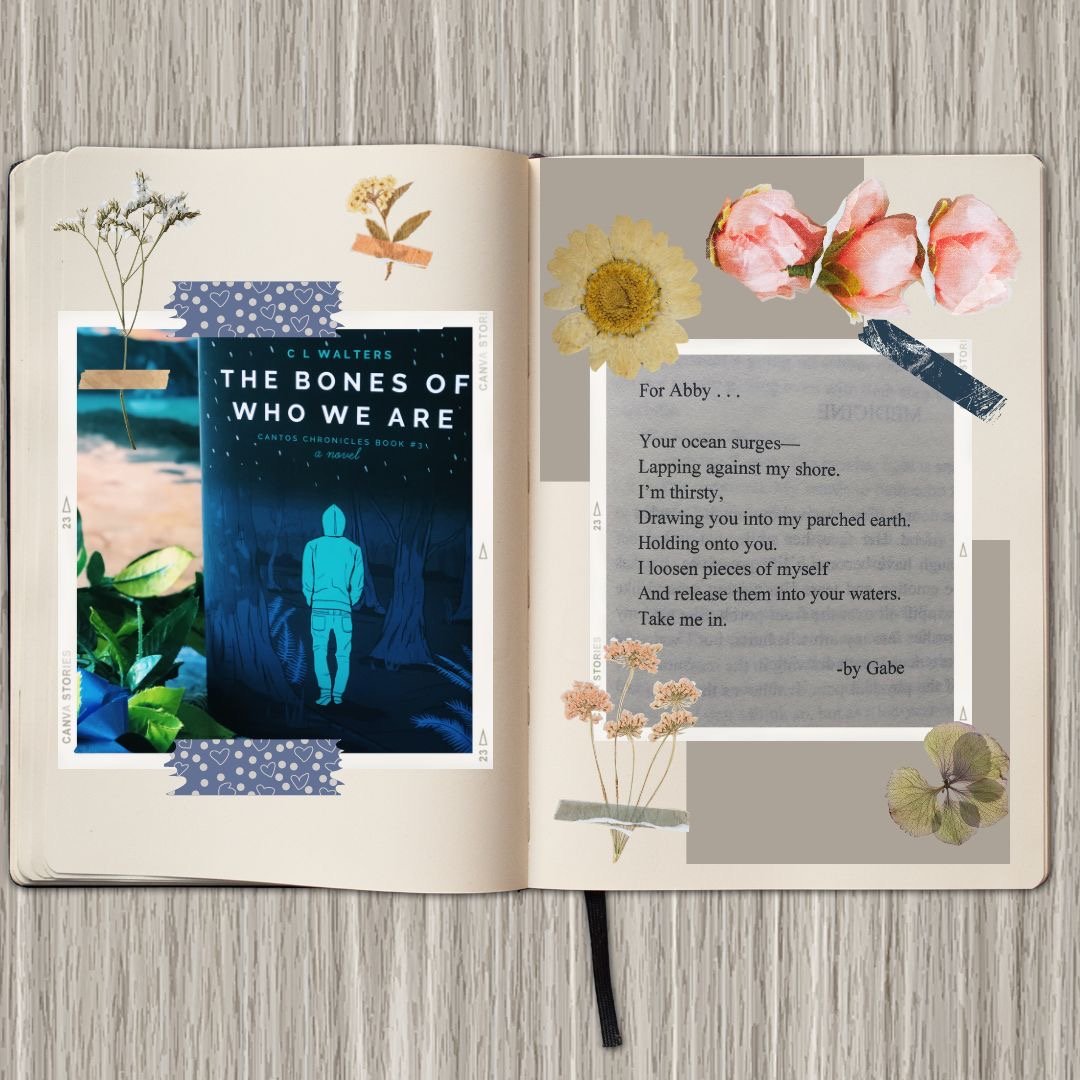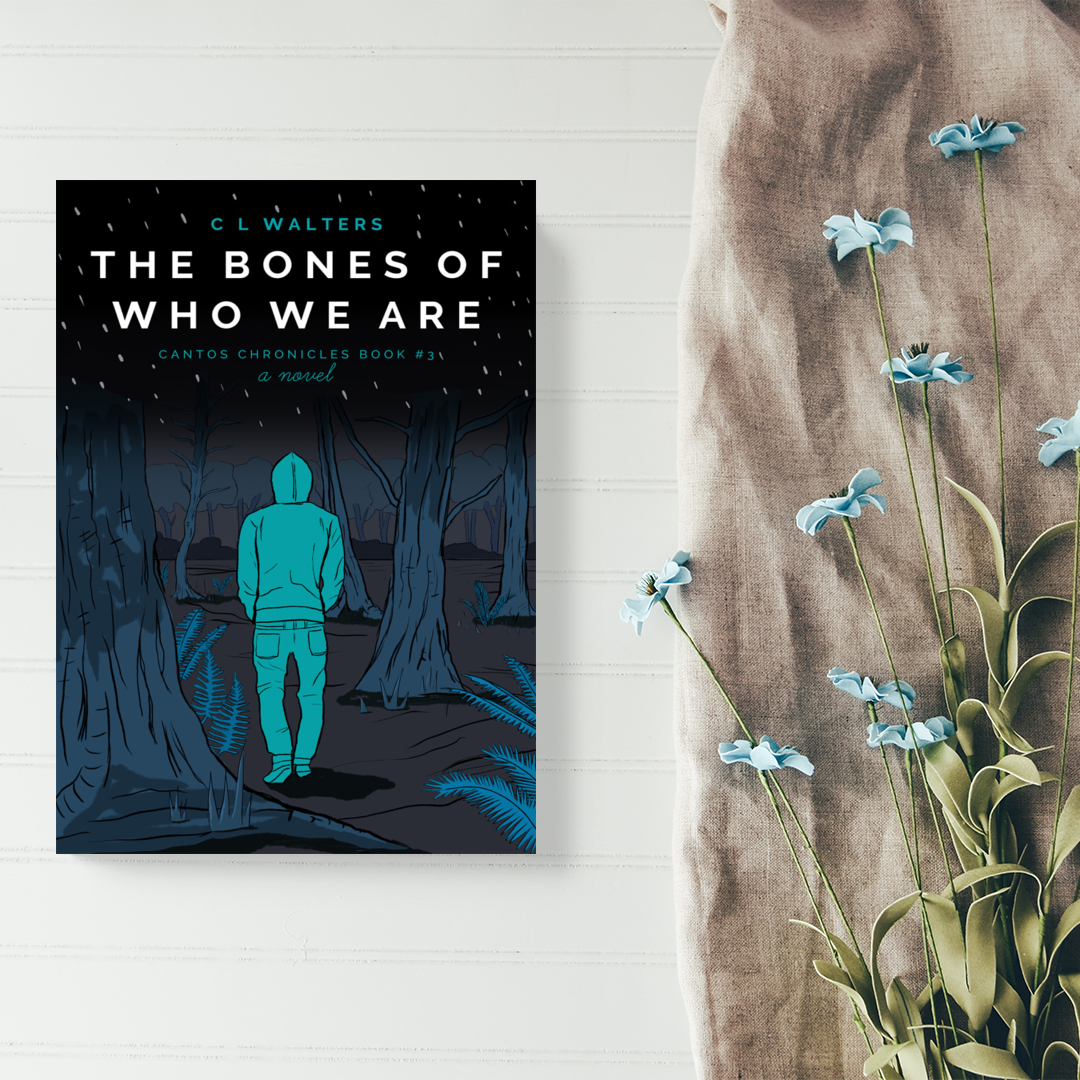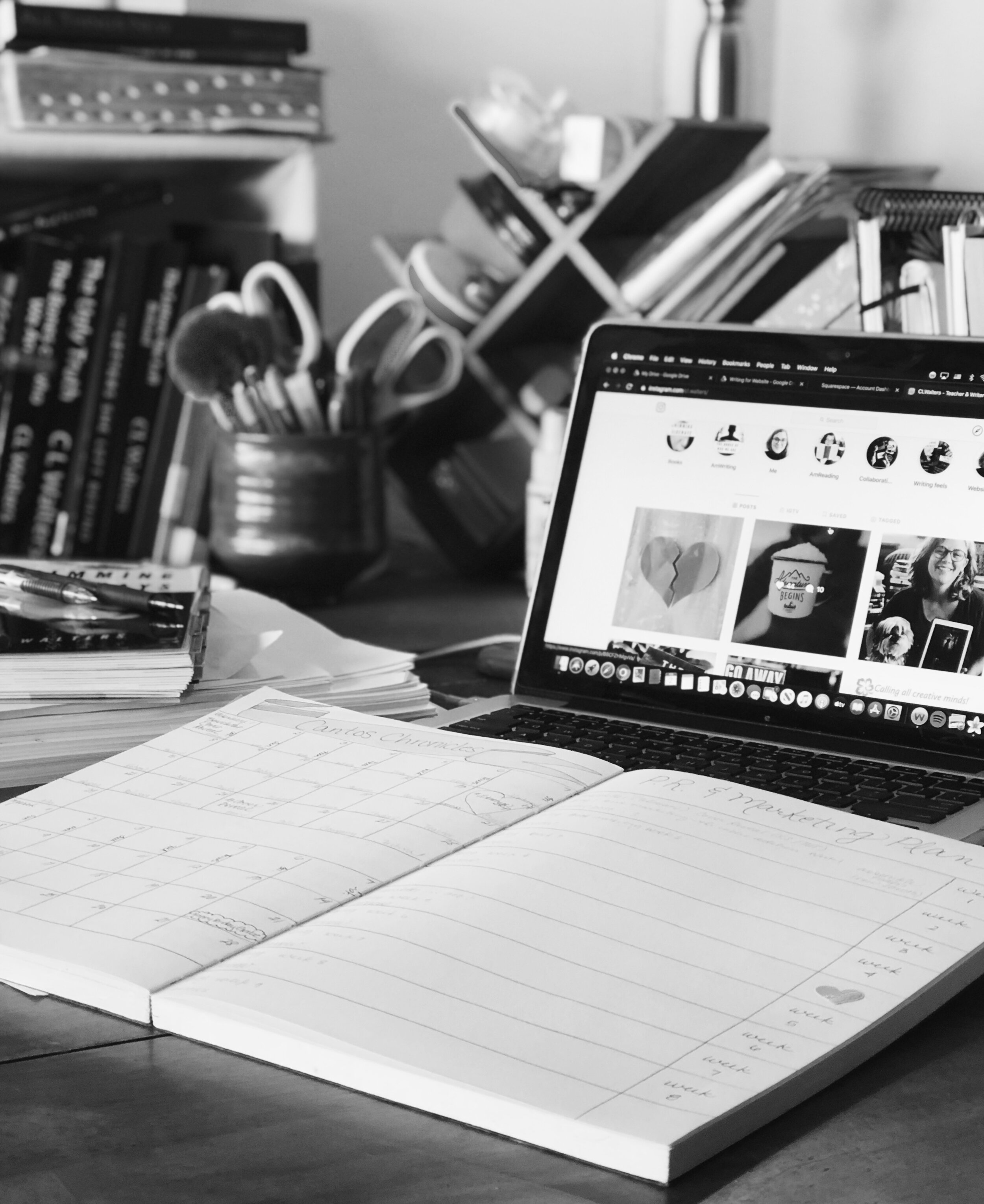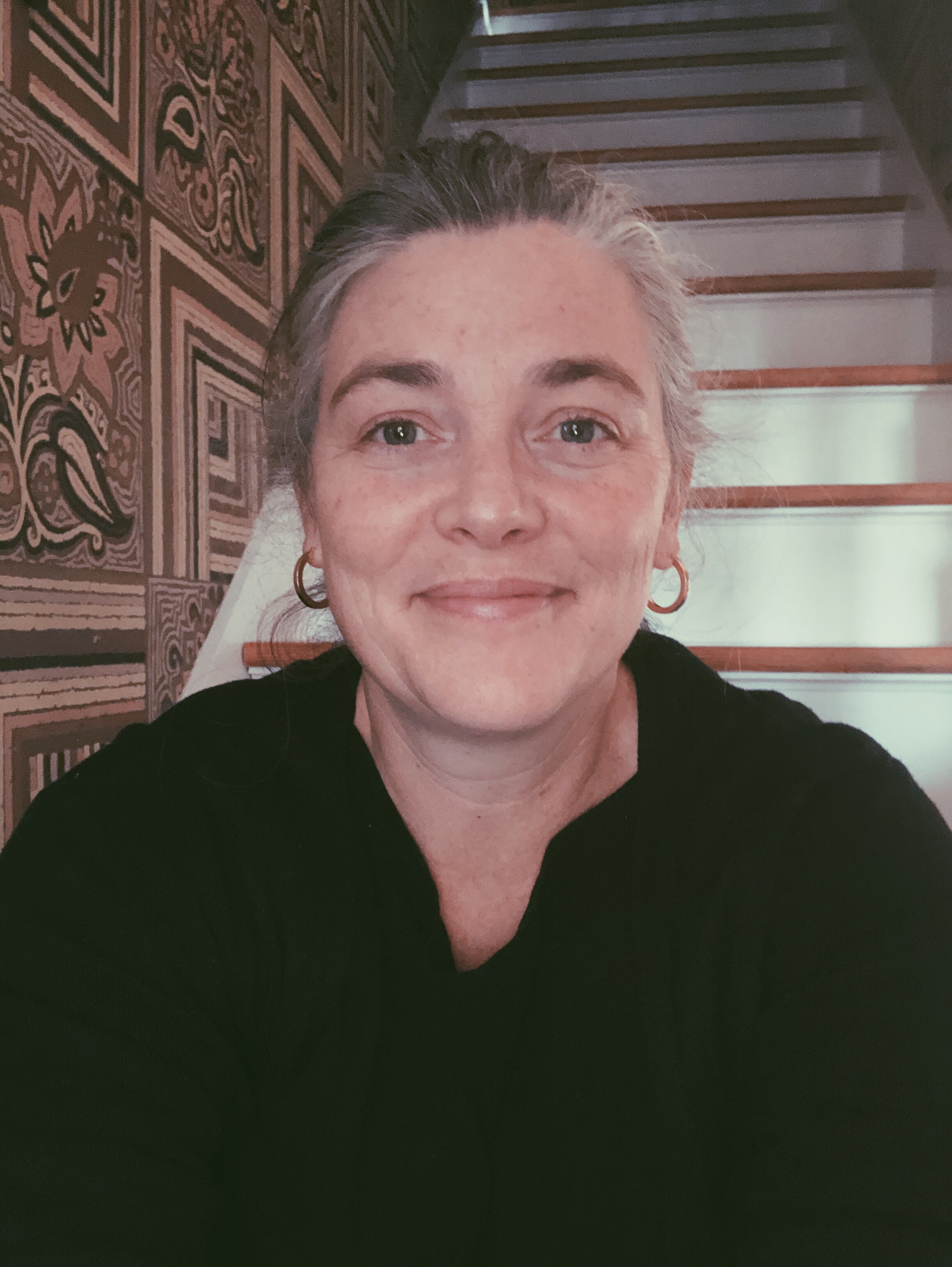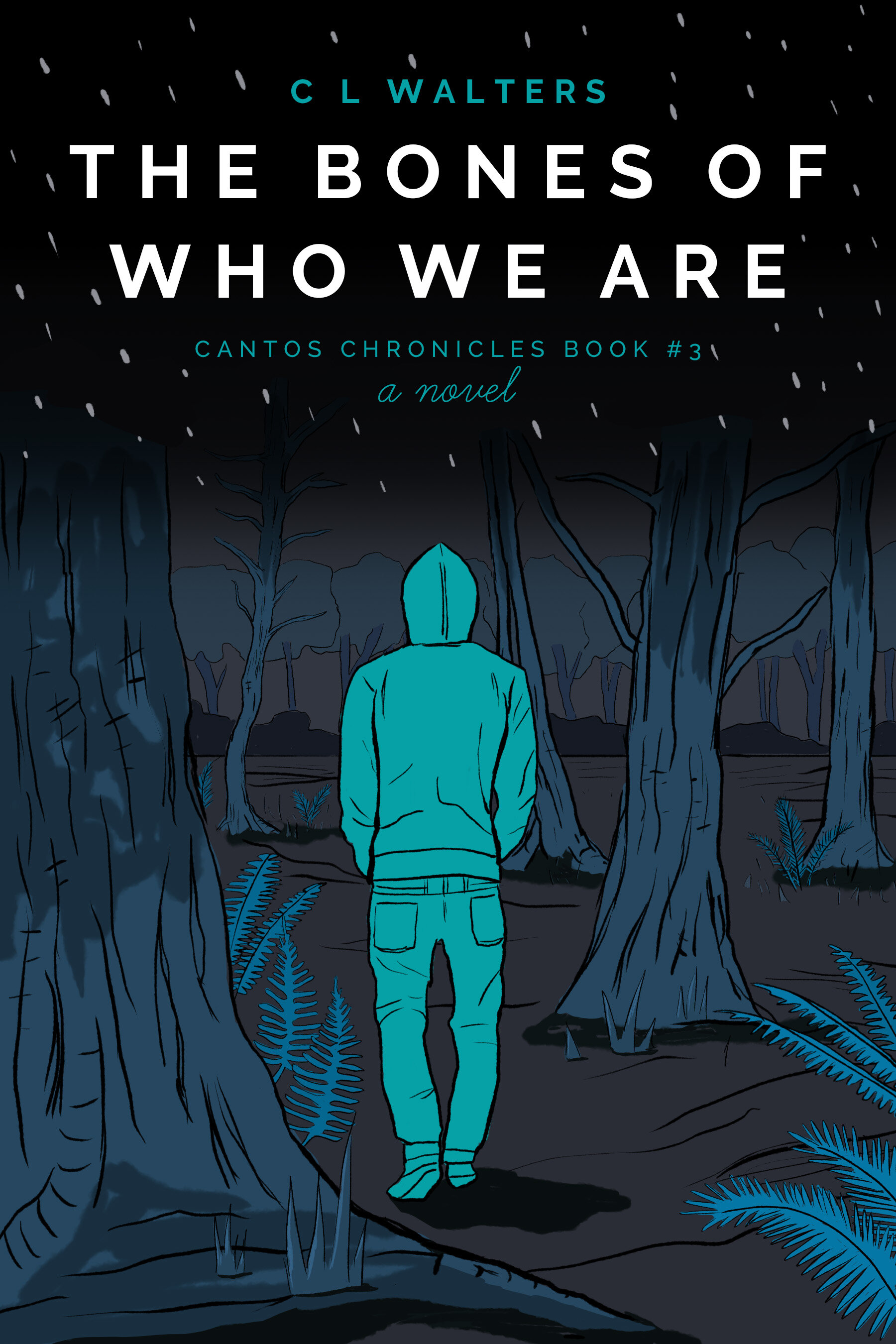My father - my rock - passed away in October 2017. I miss him everyday. I didn’t think I would ever find the words to write again. When I tried, all that made it to the page were visceral and painful images of where I was stuck: my cave. About six months later, I was sitting at a traffic light and heard Abby say “I need you to write my story.” The pilot light was relit, and I found my way through a new draft of SWIMMING SIDEWAYS.
The summer of 2018, with SWIMMING SIDEWAYS and THE UGLY TRUTH drafted, I went home to Oregon for a month to help my mom and sister go through my father’s things. Most of the month was spent broken-hearted, trudging through necessary spaces. I cleaned the garage breathing in my father’s work space and going through each of his tools. This was something my mother wasn’t going to be able to do. My dad and his workshop were symbiotic; he could fix anything, and his workshop reflected this. So, immersion in his workshop, going through each of his toolboxes and trinkets, the jars of things he saved because they’d come in handy one day, cracked me open. Somehow, in the breaking of my heart and the diligent reorganization of his things, I was able to assemble the broken parts of myself back together. It was during this four weeks in Oregon that I began drafting Gabe’s story, and as I stitched myself back together, Gabe’s began to unravel.
I’ve warned readers that Gabe’s story isn’t an easy story to experience, and that is because THE BONES OF WHO WE ARE deals with heavy topics: bullying, depression, identity, loss, grief. Maybe in a way, the loss of my father is reflected in the pain of Gabe. My pain became his, though Gabe’s story was always this, I just couldn’t write it before. The pivotal scene in the book - the reason Gabe is who he is - was written back in 2009, eight years before I lost my father; nine years before I went through his workshop and faced my own undoing.
Perhaps, I was never going to be equipped to tell Gabe’s story without understanding the complete loss of someone so essential to my own identity. Perhaps, sitting inside my father’s workshop by myself allowed me to grasp loss, life, and grief in a way I never would have without that struggle. As writers our life experiences impact the depth of our knowledge. Virginia Woolf wrote, “Every secret of a writer’s soul, every experience of his life, every quality of his mind is written large in his works.” So, I suppose by realizing how painful it was to look at my father’s empty steel-toed work boots and be slammed with the awareness of how much I missed him, it forced me to jump into the deep end of loss. When the only thing I could do was climb into bed and bury myself in romance novels because those stories were as much as I could handle to not sink and drown, I found a way to tread water. Perhaps, this trial was the only way I was ever going to be able to empathize with Gabe’s experience.
THE BONES OF WHO WE ARE isn’t an easy story, but then life, love, loss, grief never are. That is the truth of what it means to be human. We hurt, but there is power in the warmth of hope. That - the hope - is what my father would have loved about Gabe’s story.

